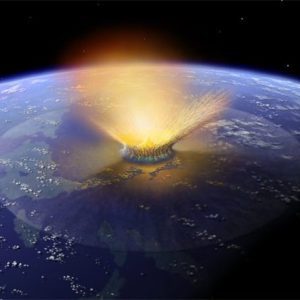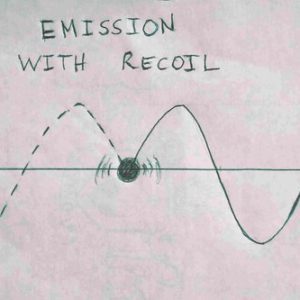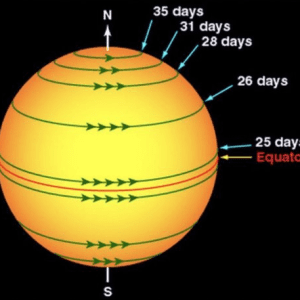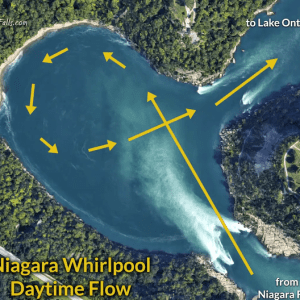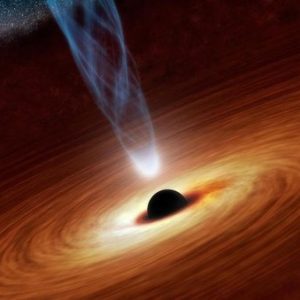
I think this question is another example of how badly black holes are misunderstood.
Suppose we replaced the Sun with a black hole of the same mass. It would have two consequences:
First, the Earth would continue to orbit exactly as before. The thing about gravity is that it doesn’t matter what does the pulling: two things of the same mass will produce the same amount of gravity. So the Earth’s orbit doesn’t change so long as the mass of the central object doesn’t change.
Second, the sky would be dark, apart from the stars. Where the Sun would be, you’d see nothing. The black hole’s event horizon is only a few kilometers across, and any weird optical effects due to its strong gravity are confined to a region not much larger… far too small to see, never mind the naked eye, even with a large telescope.
So it’s as though there was nothing where the Sun used to be. You’d see the stars just fine, in that and every other direction. You would not see the Moon of course, since there is no sunlight for it to reflect… and you would not see any planets, for the same reason.
And of course, in short order, Earth’s weather would start to go berserk, the oceans would freeze over, and within a few months at the most, life on the surface of our planet would come to an end as nitrogen snow falls from the cold sky. But that is simply due to the lack of sunshine, not due to anything the black hole does.

